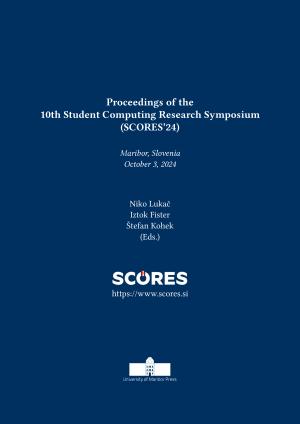Seven Components of Computational Thinking: Assessing the Quality of Dr. Scratch Metrics Using 230,000 Scratch Projects
Synopsis
Computational thinking has extended beyond traditional comput-ing education recently and is becoming a broad educational move-ment, focused on teaching and learning critical problem-solving skills across various disciplines. Originating from computer science and programming, the most common learning method still involves educational programming languages like Scratch. Dr. Scratch is a tool designed to assess Scratch projects based on seven components of computational thinking, including abstraction, parallelism, logic, synchronization, flow control, user interactivity, and data represen-tation. This study examines the quality of Dr. Scratch measurement scale. The proposed model considers computational thinking as a latent variable with seven indicators. According to the results of confirmatory factor analysis, five of the computational thinking components were measured satisfactorily, while two were below the accepted level. Based on the results, we recommend conducting an exploratory factor analysis for the potential scale refinement.







